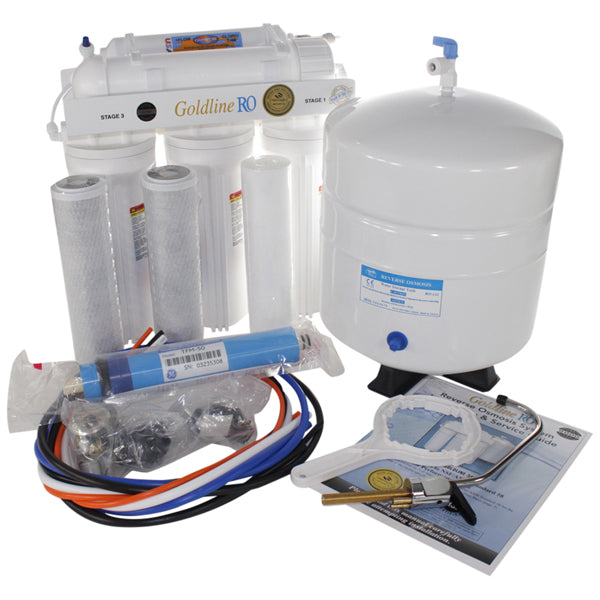
According to Health Canada, lead is not typically found in natural water sources or treatment plants in Canada. In most cases, lead seeps into the municipal water supply through aging infrastructure. Lead pipes, old wells, plumbing components, fittings, solder, faucets and valves can all leach lead into drinking water. The water’s acidity or alkalinity, temperature, types and amounts of minerals in it, and how long it’s been standing in the pipes are all factors that can affect the amount of lead water contains. Health Canada goes on to say “Inorganic lead compounds have been classified as probably carcinogenic to humans, based on findings in experimental animals. However, the cancer effects are not the main health effects of concern in humans.” Effects that have been studied include reduced cognition, increased blood pressure and renal dysfunction in adults, as well as adverse neurodevelopmental and behavioural effects in children. The strongest association observed to date is between increased Blood Lead Levels in children and reductions in intelligence quotient (IQ) scores. The threshold below which lead is no longer associated with adverse neurodevelopmental effects cannot be identified. Mayo Clinic experts say young children are at the greatest risk of health problems related to lead exposure, including serious brain and kidney damage.
In particular lead can affect children’s brain development resulting in reduced intelligence quotient (IQ), behavioural changes such as reduced attention span and increased antisocial behavior and reduced educational attainment. Lead exposure also causes anaemia, hypertension, renal impairment, immunotoxicity and toxicity to the reproductive organs. The neurological and behavioural effects of lead are believed to be irreversible. Again from the Mayo Clinic: How do you know if your family has been exposed to lead? The following are possible symptoms: For children: • Developmental delay • Learning difficulties • Irritability • Loss of appetite • Weight loss • Sluggishness and fatigue • Abdominal pain • Vomiting • Constipation • Hearing loss For adults: • High blood pressure • Abdominal pain • Constipation • Joint pains • Muscle pain • Declines in mental functioning • Pain, numbness or tingling of the extremities • Headache • Memory loss • Mood disorders • Reduced sperm count, abnormal sperm • Miscarriage or premature birth in pregnant women
A Reverse Osmosis Drinking Water system will remove lead from your families water.
